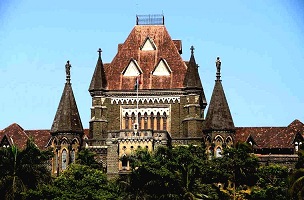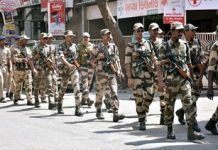On its own motion, the high court held that the act of a maintenance agency, stopping Police access to CCTV cameras that are installed in public places for monitoring criminal activities, interferes in the performance of public duty and is prima facie questionable in law.
The judgement highlights that the court had earlier issued directions to the Nagpur Municipal Corporation for the installation of CCTV cameras on different occasions with a view to ensure public safety, streamline the vehicular and pedestrian traffic and create a sense of security amongst the citizenry. Following these directions, an ambitious project namely “Nagpur Smart and Sustainable City Development Corporation Limited” was undertaken and there are at present 3700 CCTV cameras and their functioning has to a great extent served the objects for which they have been installed in the city of Nagpur. However, recently certain issues have cropped up regarding the maintenance of these cameras.
Due to a dispute between parties relating to the non-payment of dues under the contract to Larsen & Toubro Limited (L&T), the company has taken steps to stop the access of these CCTV cameras by police and parties concerned. The Counsel for L&T informed the court that at present an amount of Rs. 135 crores are outstanding against the Government and the company has not stopped the functioning of the cameras. While the cameras are functioning and video recording is also being done, the only step that has been taken by L&T is the stoppage of access to the CCTV cameras by police and other concerned parties.
The Amicus Curiae expressed that the above steps by L&T are deleterious to the public interest. Although there are issues between the parties, they should not affect the public interest at large.
The court opined that although there is a communication gap between the employer and contractor in this case, if no access is provided to police, the very purpose of installation of CCTV cameras would be defeated and it may also go against the spirit of the directions issued by the Court regarding the installation of the cameras.








